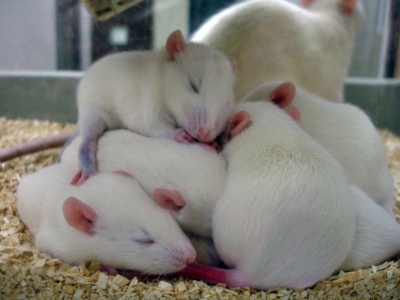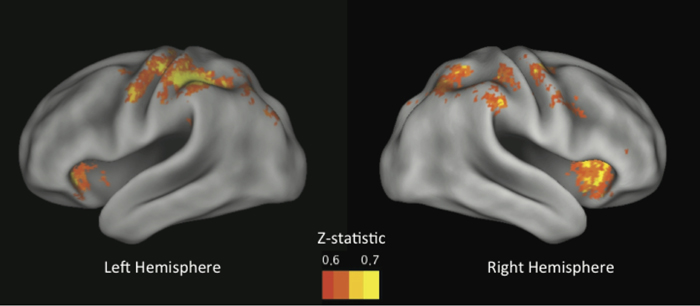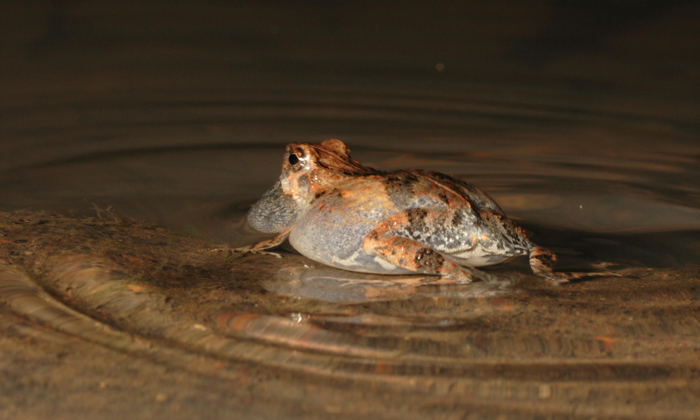Is Corporal Punishment Abuse?
Minnesota Vikings running back Adrian Peterson was recently indicted on charges of child abuse for hitting his son with a tree branch. Elizabeth Gershoff, a professor of human development and family sciences in the School of Human Ecology who has studied corporal punishment for 15 years, was interviewed -- and her research referenced -- extensively in the media to provide context for the Peterson story from September 16 to 25.










 Scientists have known that toxic effects of substances known as endocrine disrupting chemicals (EDCs), found in both natural and human-made materials, can pass from one generation to the next, but new research shows that females with ancestral exposure to EDC may show especially adverse reactions to stress.
Scientists have known that toxic effects of substances known as endocrine disrupting chemicals (EDCs), found in both natural and human-made materials, can pass from one generation to the next, but new research shows that females with ancestral exposure to EDC may show especially adverse reactions to stress.

















